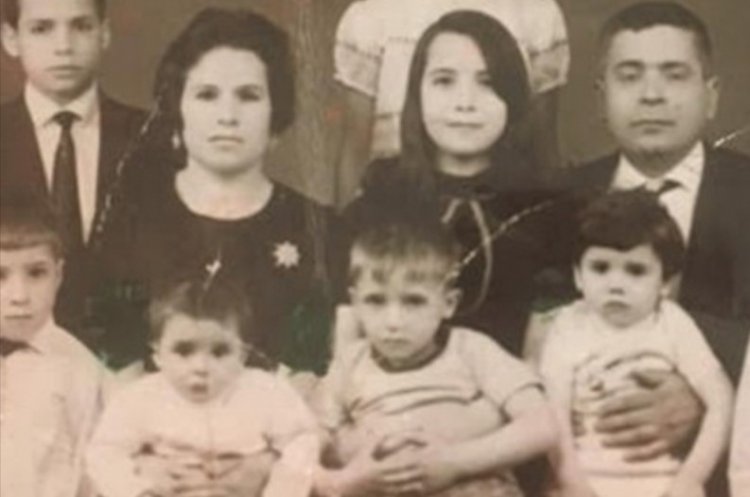
Every Passover, Leah Gindi deeply feels 'as if she left Egypt.’ Only it wasn’t Egypt that they left it was Syria.
Leah was born and raised in Aleppo, Syria, one of the oldest Jewish communities in the world. Called Aram Tzuba, Jews lived there since the days of the Second Temple. The Great Synagogue of the Jews of Aleppo is attributed to Joab ben-Zeruya, King David's army commander, named after him.
In the first half of the 19th century, and even more during the start of the 20th century, many Jews left to Britain, Brazil, Argentina, Mexico and the United States. Despite the massive emigration in the midst of World War II, according to official documents 17,000 Jews still lived in Aleppo.
Leah's parents remained in Aleppo. Her brothers and sisters fled to Israel, but Leah remained. She married her cousin and built her blessed family of 10 children, all born in Aleppo. At the time, the authorities did not prevent them from living a proper Jewish life: there was a synagogue, a mikvah, and all the necessary community services.
It was her children who planted the seed to leave Syria, Leah says. “My brothers smuggled across the border years before. When their children grew up, they also fled. Ezra was the first to escape to Israel at age 16. Together with a friend, they forged passports and fled to Beirut. From Beirut they went to Israel, and then my daughter left with her uncles later on.”
At one point, Leah and her husband tried to escape along with their remaining children. “We approached the border but they caught us and put us in jail for about a month. It was five years before we managed to escape.”
“In 1983 we got my husband a passport – we told the authorities he was ill and needed medical treatment abroad. Then we bribed the right person and got a passport and left. When he didn’t come back we told the police the treatment wasn’t yet finished.”
Fortunately, their eldest son who was already in Israel, Ezra, managed to send a trusted smuggler to accompany them to the Turkish border. On Purim, 5743, Leah and her remaining children embarked on the dangerous journey, celebrating Passover in Turkey, arriving in Israel the day after.
When you arrived in Israel, where did you go?
After not seeing my brothers for forty years we moved to Holon to be with them. Afterwards we decided that Holon wasn’t for us, and one of my brothers told me to try Kfar Chabad. He said that he visited Kfar Chabad and “there are very good people there, they are all religious and good”, so we decided to go there.” They arrived in Israel only with their clothes, but soon settled into a small apartment they received, and the boys began to work in the jewelry industry they studied in Aleppo. “Hashem helped us and we got along, we do not lack anything.”
What message would you like to tell readers?
“That there is nothing like the Land of Israel.”
